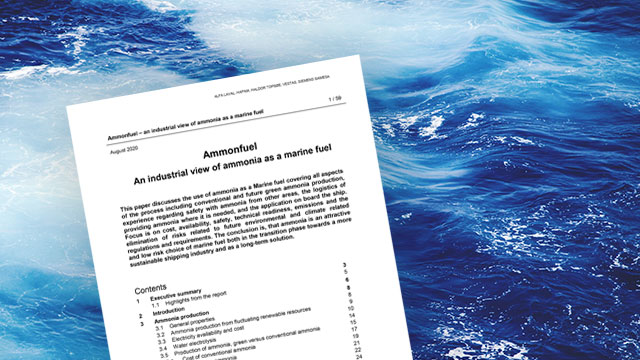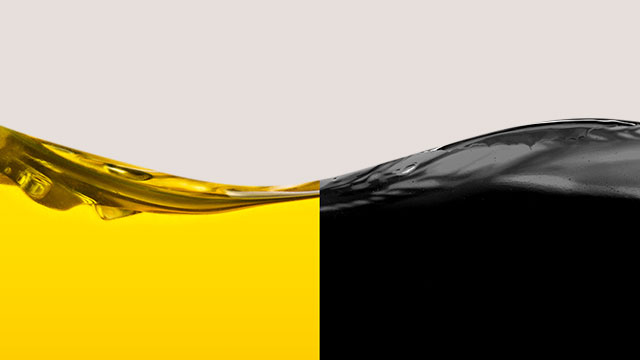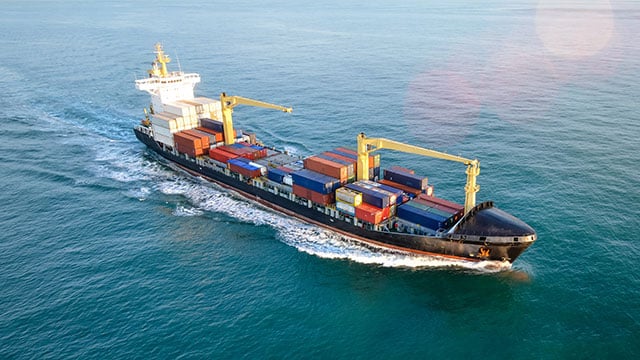燃油處理
One of the biggest challenges facing shipowners is the balancing act between engine efficiency, fuel costs and compliance with environmental legislation. That balance is more difficult as traditional choices are joined by new, unfamiliar types of fuel. You need booster solution that will supply your marine engine with right fuel at the right time, meeting the conditions to keep everything running smoothly.
Fuel conditioning technology for smooth, future-proof operations
- Safe, efficient conditioning of traditional fuels, low-sulphur fuels and cutting-edge fuel alternatives
- Intelligent automation for smooth, precise ramping and an exact match of engine requirements
- Automatic handling of multiple fuels from separate service tanks, all at a single push of a button
- Consistent, automatic fuel changeover regardless of the engine load
- Intuitive HMI for control over all functions and equipment, providing easy access to all system data
The original Alfa Laval Fuel Conditioning Module (FCM) broke new ground for fuel booster system capabilities, and over the years we’ve continued to develop and optimize our offering. Our technology:
- Optimizes fuel temperature, pressure and viscosity to match engine specifications
- Simplifies and safeguards fuel changeover with sophisticated automation
- Perfectly adapt for today’s fuels – including low-flashpoint fuels like LPG and methanol – the FCM platform is expanding to address new fuels on the horizon
Looking ahead to ammonia
Alfa Laval is hard at work on the task of decarbonizing the marine industry and meeting greenhouse gas reduction targets. Having succeeded with challenging fuels like methanol and LPG, it’s time to take fuel conditioning to the next level: working towards carbon-free ammonia.
Listen to Niklas Dahl, Vice President and Head of Marine Separation, as he introduces the possibilities.
Download white paper on ammonia as marine fuel
In August 2020, Alfa Laval, Hafnia, Haldor Topsoe, Vestas and Siemens Gamesa issued the report “Ammonfuel – an industrial view of ammonia as a marine fuel” based on their own industrial expertise and input from a range of competent industrial players. Get the insights here.

Meeting today’s challenges
Fuel changeover process
Most ships work with more than one fuel type to allow them to more easily meet emissions demands, but switching between fuels can be hazardous and costly.

Emissions legislation
In order to comply with the 2020 sulphur cap, the owners have a wide range of fuels available, and what convenient today might not be the best choice for tomorrow. The sooner you can secure fuel flexibility, the better.

Light fuels
Light fuels like MGO are better for the environment, but they pose new challenges for engines and fuel boosters.


